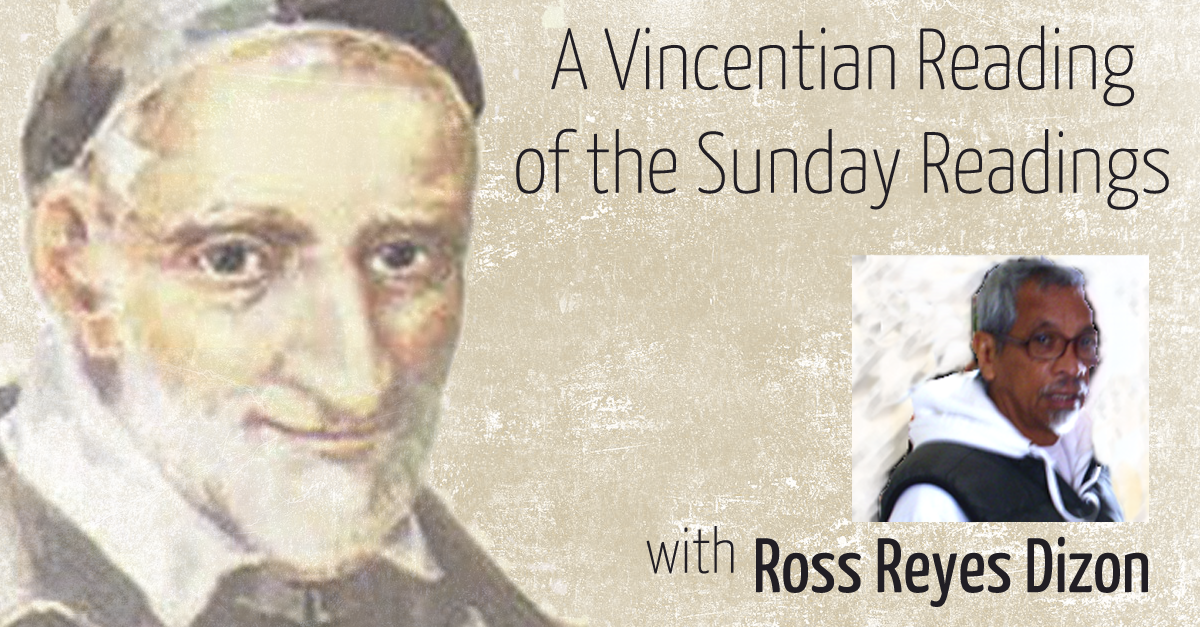
Jesus wants us to have a faith that is firm as a rock and immense as the sea.
This faith, made alive by love, prompts Mary of Magdala to go to Jesus’ tomb at the first opportunity. Due to the same faith, this female disciple stays outside the tomb weeping, after Peter and the other disciple have returned home.
Obviously, such faith is not faith in the dogma of the resurrection. It is not a doctrinal faith, but a personal faith in Jesus, alive or dead. It is faithfulness to the one who has given his life for his friends and whose “love calls for love in return.”
Not less faithful is Peter. Considered the first among the disciples, he serves as the youngest. In contrast to worldly leaders who would send a subordinate to inquire about something, he does not send the beloved disciple or any “errand boy.” He himself, with the beloved disciple, goes to the tomb running.
The other disciple runs faster than Peter and arrives at the tomb first. Does not this indicate perhaps that the beloved disciple does it out of love, while Peter does it largely out of an acute sense of duty?
To have an acute sense of duty is, without doubt, something admirable. Still, no sense of duty reaches its fullness without love, which is not to say, however, that we can dismiss those with a sense of duty only.
Indeed, we have to defer to occupiers of magisterial chairs, especially if they are servant leaders. We have to do even what we are told by leaders possessed by the law, but not by love, without, however, imitating their hypocrisy. Nevertheless, we have to go beyond traditional observance and start to love to give radicality and fullness to the law and the prophets:
The whole law and the prophets depend on these two commandments.
For the whole law is fulfilled in one statement, namely, “You shall love your neighbor as yourself.”
Love is the fulfillment of the law.
Upon entering, those impelled by love see and believe. They see evident facts, but they get to understand that Jesus has to rise from the dead only through the light of faith. They see beyond what is on earth; hence they are able to set their minds on what is above, “where Christ is seated at the right hand of God.”
They give credible witness to the resurrection of the one who went about doing good, those with faith that works through love. Their proclamation of the Mystery of faith in the Eucharist is equally credible.
Father, grant that we be totally committed to your Son, remembering, through your Spirit, that we live in Jesus Christ by the death of Jesus Christ and that our life ought to be hidden in Jesus Christ and full of Jesus Christ (SV.FR I:295).
March 27, 2016
Easter Sunday
Acts 10, 34a. 37-43; Col 3, 1-4; Jn 20, 1-9







0 Comments